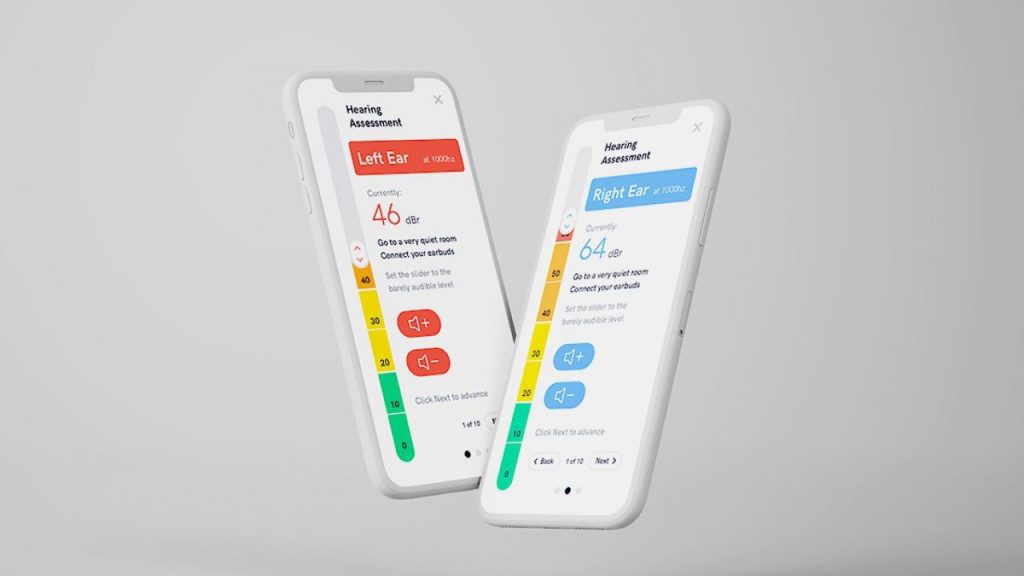Hearing loss can be one of the more aggravating parts of aging. It’s easy to underestimate just how significant its impact can be, from making it harder to understand a doctor’s advice to eroding the connections with friends and family that are so essential to health and happiness. That’s why the idea that an app can help improve your hearing is so exciting (https://longevity.technology/lifestyle/meet-the-start-up-audiocardio-hearing-therapy/).
The app in question is called AudioCardio. It uses a proprietary technology called Threshold Sound Conditioning that you can use from anywhere at any time. It’s both inaudible and non-invasive, making it ideal for daily life. All you need to do is run the app for about an hour every day. It’s like doing regular physical exercise, but for your ears.
Multiple trials have been carried out to test the safety and effectiveness of AudioCardio. One took place at Stanford, another at Palo Alto Medical Foundation, and a third at Samsung Medical Center. That’s just to start. The overall results suggested that as many as 70% of participants experienced benefits within just two or three weeks. The minimum hearing improvement was 10db, and progression continued after that.
In the US alone, approximately a third of people in the 65-74 age bracket are experiencing some degree of hearing loss, a figure that increases to 50% once you’re past 75. This isn’t just isolating and harmful in its own right; it may even exacerbate the impact of dementia and associated memory loss.
Traditionally, it’s thought that once hearing loss has occurred, it’s irreversible. You can only try to magnify what’s left, such as through hearing aids, or develop alternative modes of communication, such as lip reading and sign language. If AudioCardio is successful, it could be very positive.
It’s still early, however. The company behind AudioCardio is a startup, with all the challenges that implies. Raising awareness, educating the public, meeting regulatory requirements and maximizing availability are not easy things to do. Nevertheless, the app is free for the first 14 days and isn’t invasive, so it’s relatively accessible compared to the existing medical interventions. That will probably make it a lot more attractive to consumers.
Hearing loss shouldn’t be dismissed as a minor inconvenience. It has significant implications for your quality of life, so if you’re starting to struggle, it may be time to think about how to improve your hearing.




